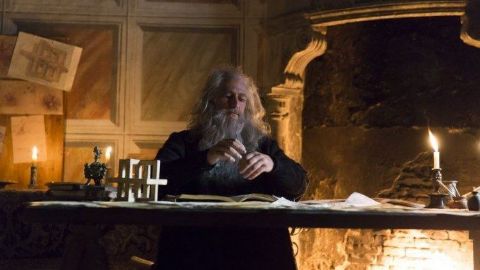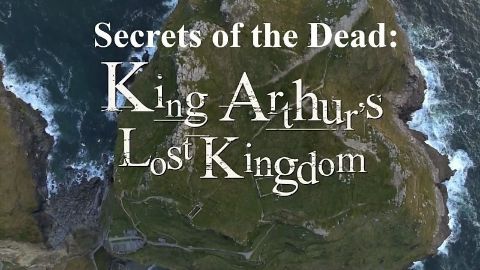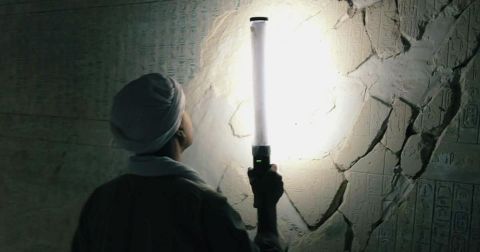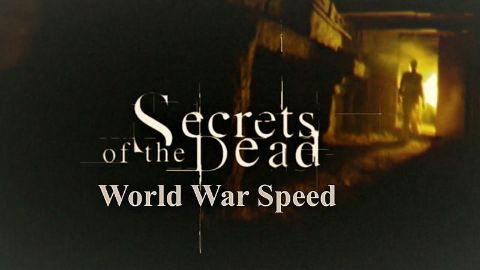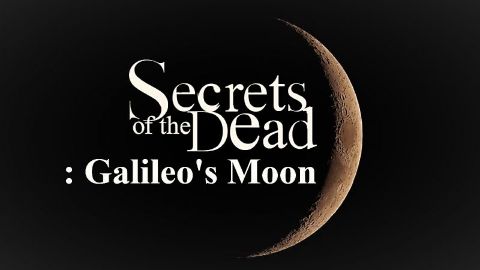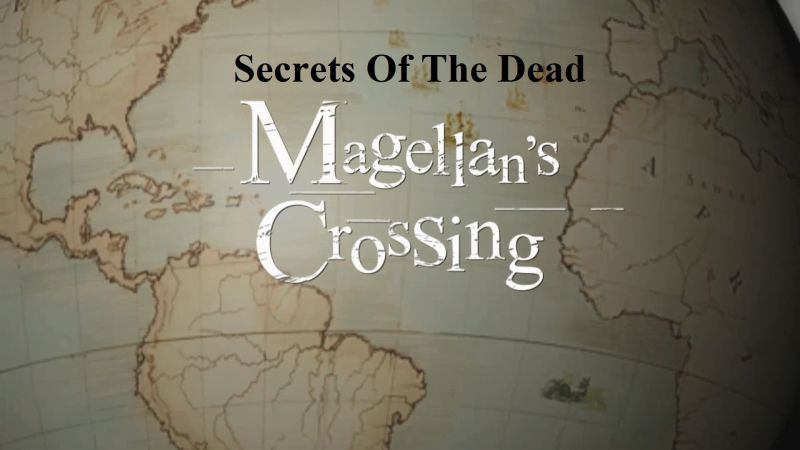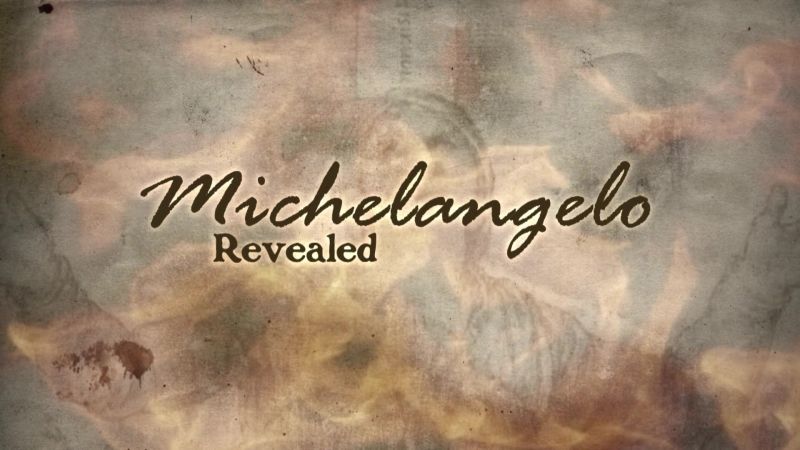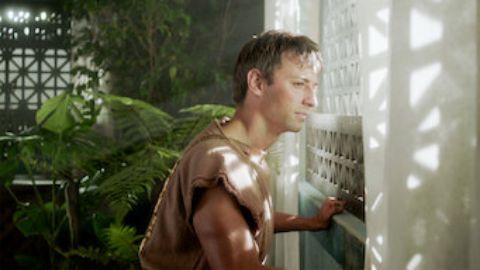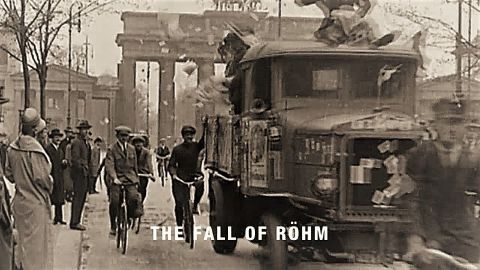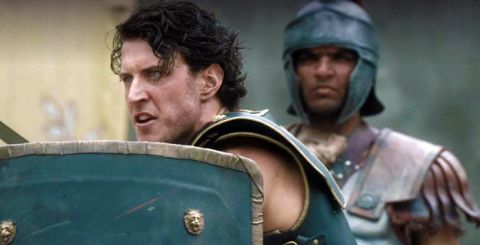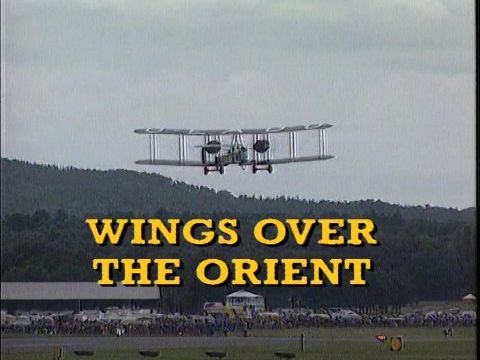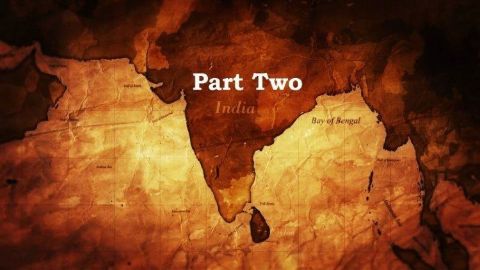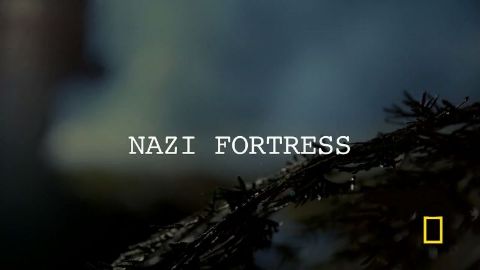The Nero Files • 2019 • Secrets of the Dead
The Roman emperor Nero is considered one of history's greatest criminals. His name has become synonymous with evil, as historic accounts have accused him of killing his stepbrother, his wife and his mother, as well persecuting Christians and instigating the devastating Great Fire of Rome. This is the judgement that is passed in history from one generation to the next, but are these accounts of Nero's reign accurate? New scientific discoveries and a closer examination of the ancient texts written about Nero cast a different light on the Roman emperor and the accusations levelled against him. Secrets of the Dead: The Nero Files follows internationally renowned criminal psychologist Thomas Muller and a team of scientists and historians as they investigate the new evidence in order to discover the truth about the controversial emperor.
Make a donation
Buy a brother a hot coffee? Or a cold beer?
Hope you're finding these documentaries fascinating and eye-opening. It's just me, working hard behind the scenes to bring you this enriching content.
Running and maintaining a website like this takes time and resources. That's why I'm reaching out to you. If you appreciate what I do and would like to support my efforts, would you consider "buying me a coffee"?
Donation addresses
BTC: bc1q8ldskxh4x9qnddhcrgcun8rtvddeldm2a07r2v
ETH: 0x5CCAAA1afc5c5D814129d99277dDb5A979672116
With your donation through , you can show your appreciation and help me keep this project going. Every contribution, no matter how small, makes a significant impact. It goes directly towards covering server costs.
